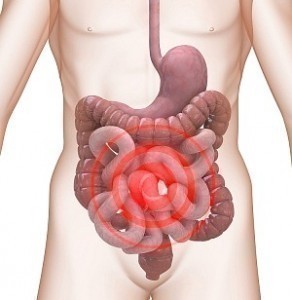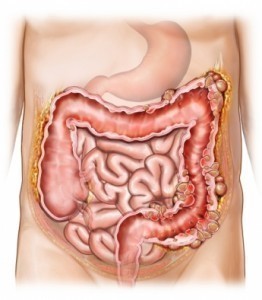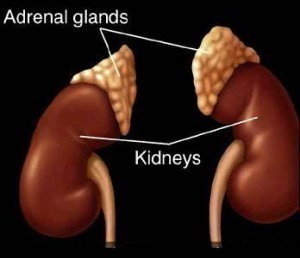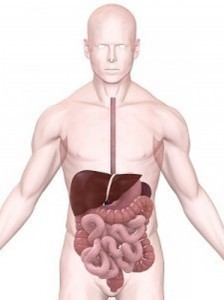What Causes Hiccups?
Hiccup, also known as synchronous diaphragmatic flutter (SDF) is the “spasmodic contraction of the diaphragm that repeats several times per minute”. It is the abrupt rush of air into the lungs which causes the epiglottis to close, creating the “hic” sound.
Hiccups are irritable and reflexive; as the muscle contracts repeatedly, the opening between the vocal cords snaps shut to check the inflow of air, causing the hiccup sound. Irritation of the nerves, extending from the neck to the chest, can cause hiccups. Hiccups are generally harmless and will go away on their own. However, there are some cases of chronic hiccups which will need medical attention, especially if they cause abdominal pain or involve coughing up blood.
Causes of Hiccups
Hiccups may be caused by emotional, medical or physiological disorders factors of which may include: Diaphragm conditions, physical conditions which irritate the diaphragm muscle or nerves (phrenic nerve), psychological disorders, stomach disorders, emotional conditions such as fear, stress and excitement and indigestion. The reduction of carbon dioxide in the body as in the case of hyperventilation can also lead to hiccups as well as medications, especially those that promote acid reflux into the esophagus.
Eating Habits
Eating habits can be the cause of short-term hiccups. These habits include:
- eating too fast – air can be swallowed along with food and result in hiccups
- consuming too much food in one meal time
- eating too much spicy and fatty foods
- drinking too much
- excess alcohol
In these instances, the stomach, located underneath and adjacent to the diaphragm, is distended or stretched. The distension or expansion of the stomach and movement of stomach acid into the esophagus is the most common cause of hiccups.
Nerve Irritation
Merriam-Webster (online) defines the phrenic nerve as “a general motor and sensory nerve on each side of the body that arises chiefly from the fourth cervical nerve, passes down through the thorax to the diaphragm, and supplies or gives off branches supplying especially the pericardium, pleura, and diaphragm—called also phrenic”. Nerve irritation is noted as a common cause of hiccups. It is stated that abnormal growths, such as tumors or goiters that compress the phrenic nerve or the central nervous system, may also lead to hiccups.
Brain Damage
Complications in the nervous system that affect the functioning of the diaphragm (such as Parkinson’s disease) can result in hiccups. Any movement in the body involves communication between the central nervous system (brain and spinal cord), nerves, and muscles. If any damage or breakdown occurs in the communication process, body movement will be disrupted. In rare cases a brain tumor or stroke may trigger hiccups.
Metabolic Conditions
Metabolic disorders are defined as “any disorder that involves an alteration in the normal metabolism of carbohydrates, lipids, proteins, water, and nucleic acids; evidenced by various syndromes and diseases”. This means that the body does not process substances properly, such as kidney failure where the kidneys are unable to properly process waste products that may become toxic. As such these disorders can lead to hiccups.






